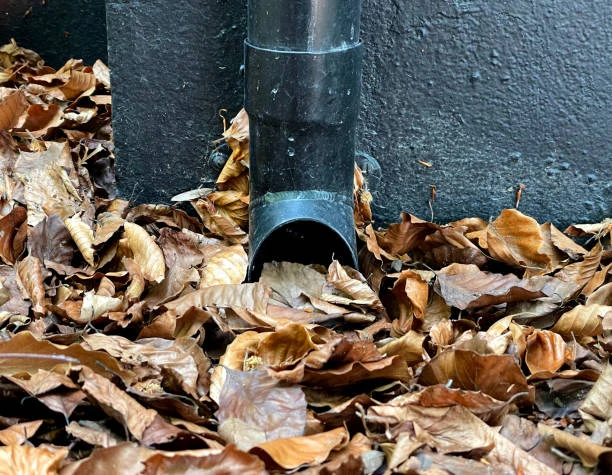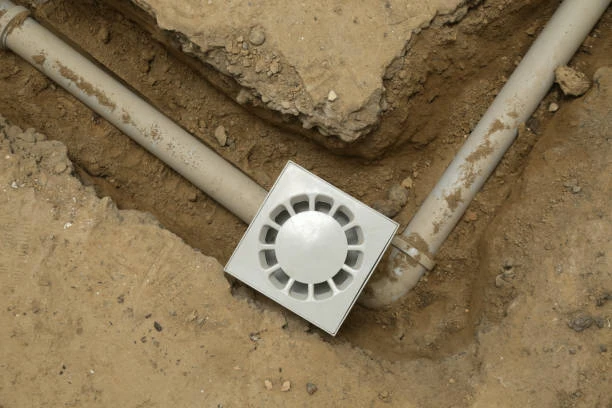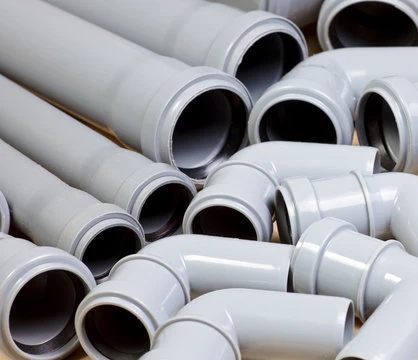Introduction
In the world of modern architecture, the demand for durable, energy-efficient, and low-maintenance materials has never been higher. When it comes to window frames and profiles, one material stands out as a preferred choice: UPVC (Unplasticized Polyvinyl Chloride). This material, which is a form of PVC, offers numerous advantages, making it ideal for residential and commercial windows. In this article, we will explore the benefits of UPVC profiles and how they compare to other window frame materials. We will also discuss the role of PVC pipes in construction and plumbing.
What is UPVC?
PVC, or Unplasticized Polyvinyl Chloride, is a type of plastic that is rigid and resistant to weathering. Unlike regular PVC, PVC does not contain plasticizers, which makes it more rigid and stable for long-term use in construction applications. PVC profiles are widely used in window frames, doors, and other architectural elements due to their strength, durability, and excellent insulation properties.
The Benefits of UPVC Profiles for Window Frames
1. Durability and Longevity
UPVC window frames are known for their robustness. Unlike wood or metal, PVC does not warp, corrode, or rot over time, even when exposed to harsh weather conditions. This makes PVC an ideal choice for both coastal areas where saltwater exposure is common, and regions with extreme temperatures.
2. Energy Efficiency
PVC windows provide superior thermal insulation. They help to keep the interior of a building comfortable by reducing heat transfer. PVC window frames can significantly reduce energy costs by keeping the home warmer in winter and cooler in summer, making them an excellent choice for energy-efficient homes. The material’s low thermal conductivity also helps reduce noise pollution from the outside.
3. Low Maintenance
One of the major selling points of PVC window frames is their low-maintenance nature. Unlike wooden frames, which require regular painting and maintenance to prevent rotting and deterioration, PVC frames require only occasional cleaning. They are resistant to UV radiation, so they don’t fade, crack, or peel under the sun’s rays.
4. Cost-Effective
While UPVC window frames may have a slightly higher initial cost compared to wooden frames, they are a cost-effective solution in the long run. The durability and low maintenance requirements of PVC profiles make them a more affordable option over time, as they do not need to be replaced or repainted frequently.
5. Aesthetic Appeal
PVC window frames come in a wide variety of colors, designs, and finishes to suit different architectural styles. Whether you prefer a classic white finish or a more contemporary look, PVC profiles can be customized to match your preferences. Additionally, the material can be molded into various shapes, allowing for versatility in design.
The Role of PVC Pipes in Construction
PVC (Polyvinyl Chloride) pipes are commonly used in plumbing and construction for water supply, drainage, and sewage systems. These pipes are made from a different form of PVC, known as regular PVC, which is more flexible than PVC. PVC pipes offer excellent corrosion resistance and are lightweight, making them easy to install. Additionally, PVC pipes are affordable and can be used in a wide range of applications, including residential, commercial, and industrial projects.
Why Choose PVC Pipes for Construction?
1. Resistance to Corrosion and Chemicals
PVC pipes are highly resistant to corrosion from chemicals, saltwater, and environmental elements. This makes them ideal for plumbing systems that need to withstand harsh conditions.
2. Low Maintenance
Just like PVC window frames, PVC pipes require little to no maintenance. They do not rust or degrade over time, ensuring a long lifespan for plumbing systems.
3. Cost-Effective and Easy to Install
PVC pipes are a more affordable solution compared to metal piping options. They are also lightweight, making them easier to handle and install, which reduces labor costs.
Comparing UPVC Window Frames with Other Materials
When it comes to selecting window frames, there are several materials to choose from, each with its own set of advantages and disadvantages. Let’s compare PVC with other common materials used for window frames:
1. UPVC vs. Wooden Frames
Wooden frames are a traditional choice for windows due to their aesthetic appeal. However, they come with several drawbacks. Wood requires regular maintenance, such as painting and sealing, to prevent decay and weather damage. In contrast, PVC frames are low-maintenance, weather-resistant, and durable.
2. UPVC vs. Aluminum Frames
Aluminum window frames are strong and durable but tend to conduct heat, which can result in lower energy efficiency compared to PVC. Aluminum frames can also be prone to corrosion, especially in coastal areas. UPVC frames, on the other hand, offer superior insulation and are less susceptible to corrosion.

3. UPVC vs. Steel Frames
Steel frames are durable and secure but are often heavier and more expensive than UPVC. They also require regular maintenance to prevent rusting. PVC frames provide a lighter, more affordable, and maintenance-free alternative, without compromising on durability or security.
Why Choose UPVC Window Frames for Your Home?
When selecting window frames, it’s important to consider not only the aesthetic appeal but also the functionality and long-term costs. PVC window profiles offer a wide range of benefits, including energy efficiency, durability, low maintenance, and cost-effectiveness. Whether you are building a new home or replacing old windows, PVC is an excellent choice that will save you money in the long run.
Conclusion
UPVC window frames, made from high-quality plastic PVC material, are a modern solution to traditional window framing materials. They offer outstanding durability, energy efficiency, and low maintenance, making them a popular choice for homeowners and builders alike. Additionally, PVC pipes, a close relative of PVC, continue to play an essential role in plumbing systems worldwide, providing reliable and cost-effective solutions.
By choosing PVC profiles for your window frames, you’re not just investing in aesthetics; you’re making a smart, long-term investment in energy savings and home comfort.
Frequently Asked Questions (FAQ)
1. What is the difference between UPVC and PVC?
UPVC (Unplasticized Polyvinyl Chloride) is a more rigid and durable form of PVC (Polyvinyl Chloride) that doesn’t contain plasticizers, making it ideal for construction and window frames. PVC is more flexible and commonly used in pipes.
2. Are UPVC windows environmentally friendly?
Yes, PVC windows are environmentally friendly. They are recyclable, and their energy-efficient properties help reduce the overall carbon footprint of a home.
3. How long do UPVC windows last?
PVC windows typically last between 20 to 30 years, depending on maintenance and environmental conditions.
4. Can UPVC windows be painted?
While PVC windows do not need painting, they can be painted if desired. However, the paint may require touch-ups over time due to exposure to sunlight and weathering.
5. Are UPVC windows secure?
Yes, PVC windows are secure. They are resistant to breakage and can be fitted with advanced locking mechanisms for added security.


















